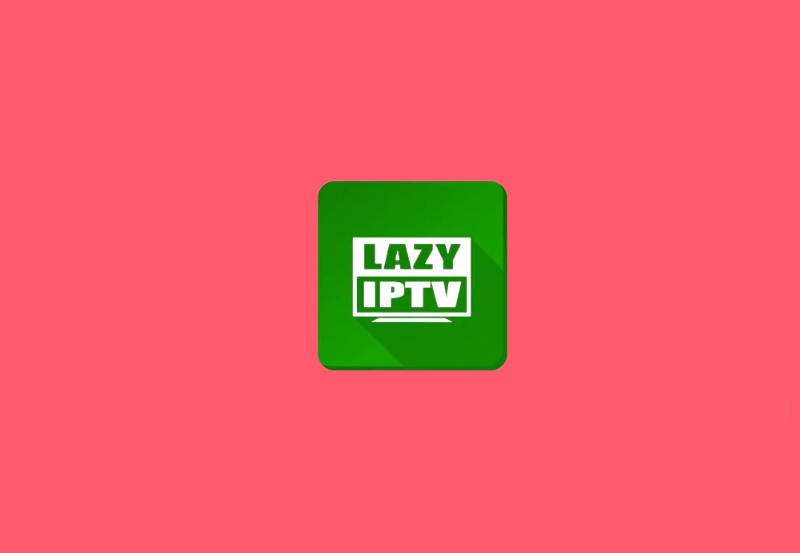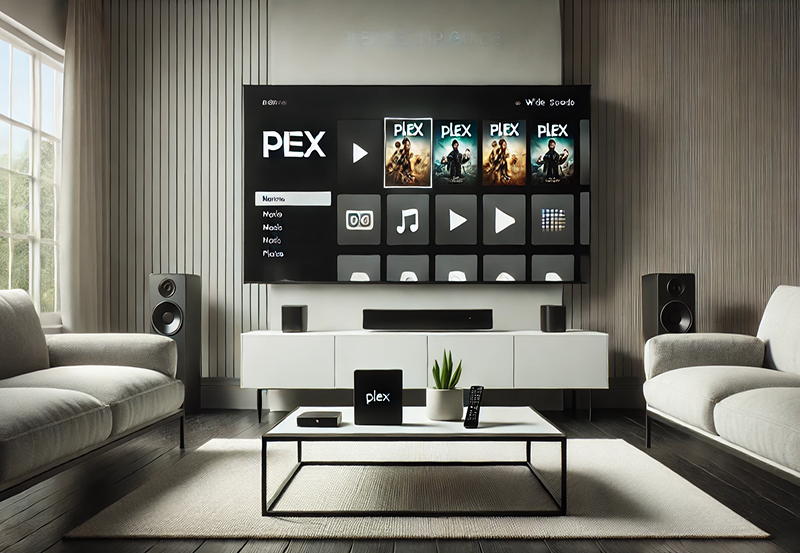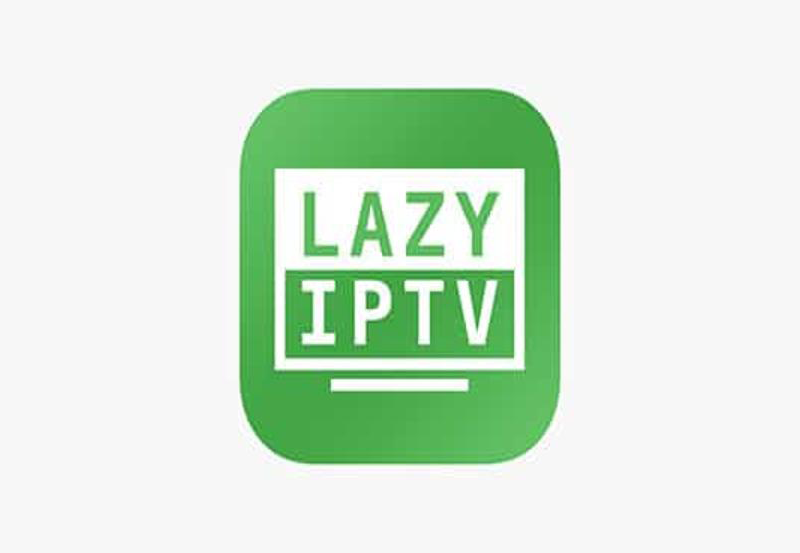Let’s face it, streaming Digital TV is no longer a novel concept, and yet, challenges with IPTV streams are as common as ever. When it comes to using VLC, specifically for IPTV services like DuplexIPTV, many users find themselves grappling with issues ranging from buffering to stream lags. This article aims to guide you through various advanced options in VLC to enhance your IPTV experience, especially if you’re looking for the best IPTV UK options or exploring ways to enjoy UK IPTV seamlessly.
Why VLC is a Popular Choice for IPTV Streaming
VLC: More Than Just a Media Player
VLC is known for its capability to play almost any media format without needing additional codecs. It’s this versatility and widespread availability that have made it a go-to option for IPTV services. Thousands turn to VLC to stream their favorite channels on platforms like DuplexIPTV.
Users appreciate VLC’s extensive feature set. Not only can it handle a vast array of media types, it can also be tweaked to overcome many of the typical problems associated with IPTV. If you’re venturing into using IPTV, understanding how to leverage VLC’s advanced options is imperative to maximize your viewing pleasure.
Smart Advice:
Catch every touchdown, goal, or slam dunk with IPTV for sports lovers, built for non-stop sports excitement.
Advantages of VLC Over Other Streaming Apps
While alternatives exist in the IPTV ecosystem, VLC stands out due to its open-source nature, regularly updated features, and cross-platform availability. Here’s why users often prefer VLC:
- Free and open-source, encouraging customization and community-driven improvements.
- Wide compatibility with operating systems, ensuring access for users whether they’re on Windows, Mac, Linux, or even mobile OS.
- Minimal resource consumption, allowing even older hardware to perform well with IPTV streams.
Addressing Common IPTV Streaming Issues
Buffering: The Accidental Pause Button
Buffering is one of the most frequent complaints from IPTV users. Several factors can contribute to this nuisance, from network speed to the server’s capacity of the IPTV service provider. Before diving into technical adjustments, it’s vital to check your internet connection and ensure it’s robust enough to handle high-quality streams.
One practical step with VLC is adjusting the caching time. This can give your device a slight headway, minimizing interruptions. Diving into VLC settings, you’ll want to navigate to the advanced preferences and increase the network caching value. Small tweaks like this can drastically improve your experience.
Dealing with Stream Latency
Stream latency is another bugbear for IPTV users, reflecting the delay between live broadcast and your playback. While some delay is inevitable, excessive latency can make live sports or events unbearable to watch. VLC’s adjustable buffer settings give users the ability to decrease this delay to a more acceptable level.
Experiment with the buffer settings within VLC. Decreasing it has been known to provide a better-timed experience with UK IPTV, though finding the sweet spot might take a couple of tries. Balance is key—reduce too much, and you risk buffering again.
Advanced VLC Settings to Enhance IPTV Experience
Customizing VLC for Optimal Performance
Beyond the basic buffering adjustments, VLC offers more advanced options that can optimize your IPTV viewing. Heading into the advanced settings, users can tweak things like file caching, hardware acceleration, and even adjust the streaming output format for better compatibility with services like the best IPTV UK offerings.
Understanding which settings to tweak is crucial. Overzealous tweaks might lead to performance drops rather than improvements, so it’s wise to make changes cautiously and document what works best. Remember, what works for accessing UK IPTV might differ when using other international services.
Using VLC to Manage Stream Quality
VLC can also help manage streaming quality, an important feature if you have limited bandwidth. Adjust the stream output through VLC’s transcoding settings, offering a balance between bandwidth consumption and acceptable visual quality. This can be particularly useful if you’re using a network shared amongst multiple devices.
Transcoding adjusts the quality and size of the stream in real-time. For those heavily using DuplexIPTV on limited data plans, this could significantly stretch your data without compromising too much on the viewing experience.
Exploring the Full Potential of VLC: Tips and Tricks
Plugins and Extensions for Enhanced Functionality
One way to get more out of VLC is by using extensions and third-party plugins. Whether you aim to enhance video clarity, add new functionalities, or incorporate better user controls, VLC’s expansive range of add-ons can cater to these hopes and beyond. The community-driven nature of the app ensures there’s always something new on the horizon.
Browsing through VLC’s add-on manager can unearth tools that assist specifically with IPTV services. New functionalities are always being developed, meeting the evolving needs of users like those using DuplexIPTV.
Staying Updated: The Importance of Software Maintenance
While it might sound mundane, regularly updating VLC is vital for maintaining optimal performance. Updates not only provide new features but patch vulnerabilities and enhance existing capabilities. Missing an update could mean sacrificing the device’s ability to deliver the best IPTV UK content smoothly.
Whenever an update appears, it’s worth checking the release notes. Software development, particularly open-source, thrives on community feedback. Hence, users have a say directly in what gets fixed or added next.
Building a Seamless IPTV Experience with VLC
Troubleshooting Common Playback Issues
Despite its reliability, no software is devoid of quirks. If initiating playback on your chosen IPTV service doesn’t go smoothly, a few troubleshooting steps can pinpoint, if not resolve, the issue. Always start by checking the source. A faulty URL or expired subscription might cause these hiccups.
One effective strategy when facing persistent problems is resetting VLC to its default state. It won’t lose your entire playlist but can eradicate any incorrect setting choices made along the way. Afterward, gradually reapply settings that are known to work for your specific IPTV service.
Creating the Ultimate IPTV Setup
Beyond software configuration, consider the home network itself. Streaming-enabling devices such as IPTV services operate best when supported by stable hardware. For frequent users of UK IPTV setups, invest in good routers and perhaps a wireless mesh to ensure every corner is covered by strong signals.
Creating an ideal environment won’t be an overnight success. It’s an ongoing process, especially when you have multiple users tapping into the bandwidth. Regardless, the right setup can significantly enhance your experiences where performance continues to meet expectations.
FAQ Section: Commonly Asked Questions

What makes VLC an ideal choice for IPTV streaming?
VLC is a preferred choice primarily due to its open-source nature and ability to play numerous media formats without additional codecs. It fits well within varied environments, which makes it apt for services like DuplexIPTV, ensuring a smooth streaming experience.
How can I fix buffering issues with VLC?
Adjusting VLC’s caching settings can help alleviate buffering. By increasing the network cache value, you give VLC more time to buffer content, reducing interruptions during playback. Also, checking overall network connectivity and speed is equally essential.
Why does my IPTV stream have a long delay?
The latency may be due to default buffer settings. In VLC, consider adjusting the buffer size to decrease delay, but avoid lowering it excessively to prevent buffering issues. Identifying the most effective settings takes a bit of trial and error.
Which VLC advanced options should I use for better performance?
Key options to explore are hardware acceleration, file caching adjustments, and stream transcoding for improved performance. These can make a notable difference, particularly in managing streams from the best IPTV UK services.
Can plugins enhance IPTV streaming on VLC?
Certainly, plugins can provide additional features, better user control, and improved functionality suitable for IPTV. They can extend VLC’s reach beyond its base abilities, allowing for customized use cases and needs specific to IPTV.
Step-by-Step Guide to Updating Your Apple TV Software





